SURVIVOR CONSULTANTS
Integrating experts with lived experience is essential to creating and advocating for survivor-centered, trauma-informed policies and strategies that enhance prevention efforts and expand support for victims. Survivors bring invaluable insight into addressing the complex factors that increase the risk of human trafficking, including racism, discrimination, and economic inequalities that impact individuals, families, and communities across generations.
At SJI, survivor consultants play a key role in shaping and advancing our policy priorities. By sharing their expertise and lived experience, they help ensure that each priority — from procurement reform to restorative justice — reflects the realities faced by those most impacted. This ensures our advocacy is not only informed, but grounded in approaches that can create meaningful, long-term change.
We recognize the time, knowledge, and emotional labor survivor consultants contribute. SJI compensates all survivor consultants for their work in alignment with fair pay and equity principles.
Our survivor consultants contribute to our policy priorities by engaging in:
-
Policy Development
-
SJI Reports and Publications
-
Testimony in Legislative Hearings
-
Public Speaking Engagements, Panels, and Presentations
-
Trainings and Events
-
Policy Advocacy Meetings
Through their leadership, our survivor consultants help us refine strategies, influence legislation, and advocate for systemic reforms that protect and empower survivors.
SURVIVOR CONSULTANTS
(2023 to Present)

Sari Lestari
Sari is a survivor leader and advocate whose lived experience shapes her commitment to creating compassionate, survivor-centered policies. After being trafficked to the United States under false promises of legitimate employment, Sari has transformed her experience into a force for change. She is currently collaborating with the Sunita Jain Anti-Trafficking Initiative on its first-ever Survivor-led Policy and Advocacy Initiative, developing a policy rooted in her own journey.
Originally from a small village in Indonesia where she enjoyed a happy and peaceful childhood, Sari went on to rebuild her life after her trafficking experience, earning a Bachelor’s degree in Interior Design from California State University, Fresno, and a Master of Science in Real Estate Investment from Pepperdine University. Now working as an apartment broker, she helps others find stable housing and aspires to create safe, affordable housing options specifically for survivors rebuilding their lives.
Through her advocacy, Sari is passionate about addressing barriers to housing, immigration, and emotional support for survivors—areas she personally struggled with. She hopes to see a future where survivors’ voices guide every stage of decision-making, ensuring systems are built on empathy, respect, and lasting change.
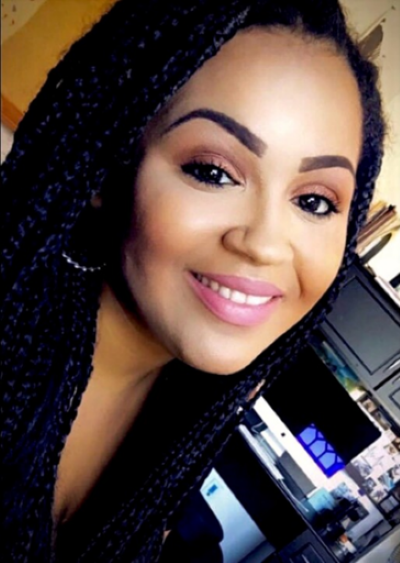
Aja Houle
Aja Houle is a human trafficking survivor, mother of four, and advocate. She graduated from Santa Rosa Junior College and is currently a Public Affairs candidate at the Goldman School of Public Policy at University of California, Berkeley. On her journey, she came to realize the importance of spreading awareness about combating trafficking. She also came to acknowledge how valuable survivor empowerment is. Because trafficking policies do not currently reflect fair & just policy that survivors deserve, Aja has made Public Affairs an area of focus in her life. She is dedicating her life to preventative & reparative efforts for all forms of trafficking.
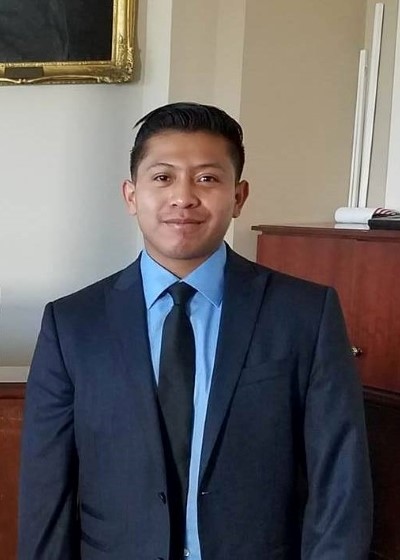
Jimmy Lopez
Jimmy Lopez is a survivor of child labor trafficking. He fled Honduras to avoid being recruited by gangs at 14. This took him on a journey that transcended across neighboring countries in search of better opportunities. He lived alone in Mexico for two years where he eventually met a man who offered him a way into the US. After crossing the border, he was forced to pay off his debt by working in a furniture factory through the use of violence to keep him from leaving. Jimmy was then trafficked again in a restaurant by another man who had offered him a better pay to drive a truck. This experience resulted in his arrest for possession of narcotics after being stopped by police and failing to provide any form of identification. He was held in a detention facility for two years where he believed he was treated like a criminal. It was during this ordeal that his public defender recognized his experience in trafficking that also forced him to participate in criminal activities. It was his public defender that contacted the Coalition to Abolish Slavery and Trafficking (CAST) to provide him with support to prevent his continued incarceration and deportation. Jimmy is now a survivor advocate for other children who have had similar experiences. He has spoken at the United Nations, the White House, and US Congress. He has trained judges and service providers on the dynamics of child labor trafficking. He has also travelled internationally and is recognized as a young leader in the Anti-Trafficking movement.
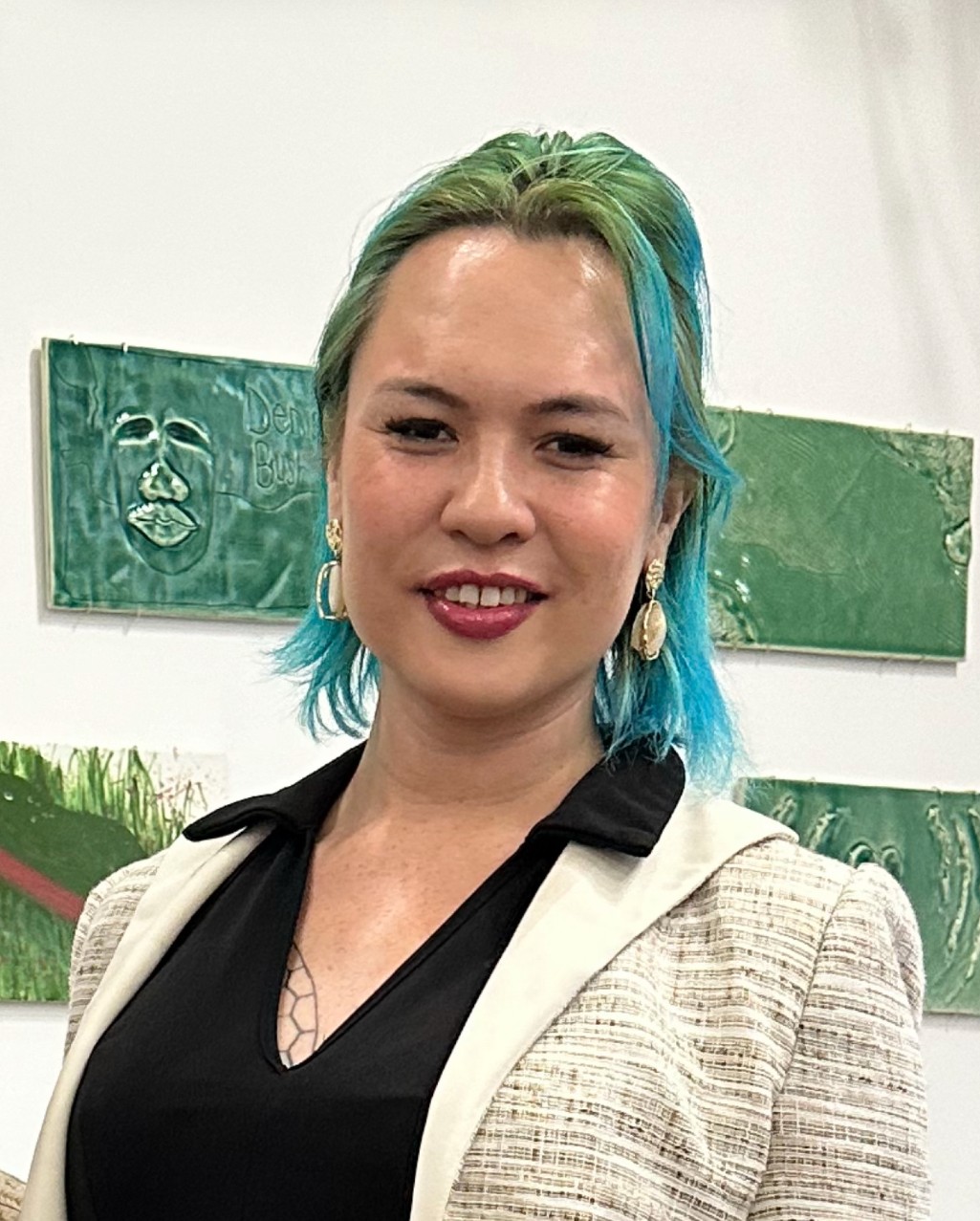
Mercy Gray
Ms. Mercy Gray of the Bulaceño and Kapampangan peoples from the Philippine Islands is a second generation sex worker. Groomed with narcotic restraints and trafficked for sex at the age of 14, she survived in the commercial sex trade for ten years. She is a survivor of much violence: Colonization, Domestic Violence, Assault, Kidnapping, Sexual Assault, Gang Based Violence, Human Trafficking, and as an indigenous transgender woman living in America.
Currently she serves as Chief Matriarch and founder of 501(c)3 SWATCH - Trans Palace. Diligently working to build representation and healing for transgender survivors and sex workers. Proud Bachelors of Arts in Indigenous Studies graduate from the Native Pathways Program of the Evergreen State College. Consultant with the Department of Homeland Security, National Human Trafficking Technical Assistance Center, and on the Shared Hope International JuST Council. Previously, with the King County Prosecuting Attorney’s Office as an Advocate for Vulnerable Populations (Human Trafficking, Elder Abuse, and Hate Crimes), Programs Manager for New Avenues for Youth Q Center, Programs Director of Innovations Human Trafficking Collaborative. She has built & led direct services from the ground up, fundraising 550K in one year, responding to MMIP at the intersections of trafficking, and built identification and response protocols for tribal nations across Turtle Island. She has also served on the City of Seattle Human Rights Commission and in an advisory role to the Washington Supreme Courts Gender and Justice Commission. Her commitment to public service is only surpassed by the arches of her smile.
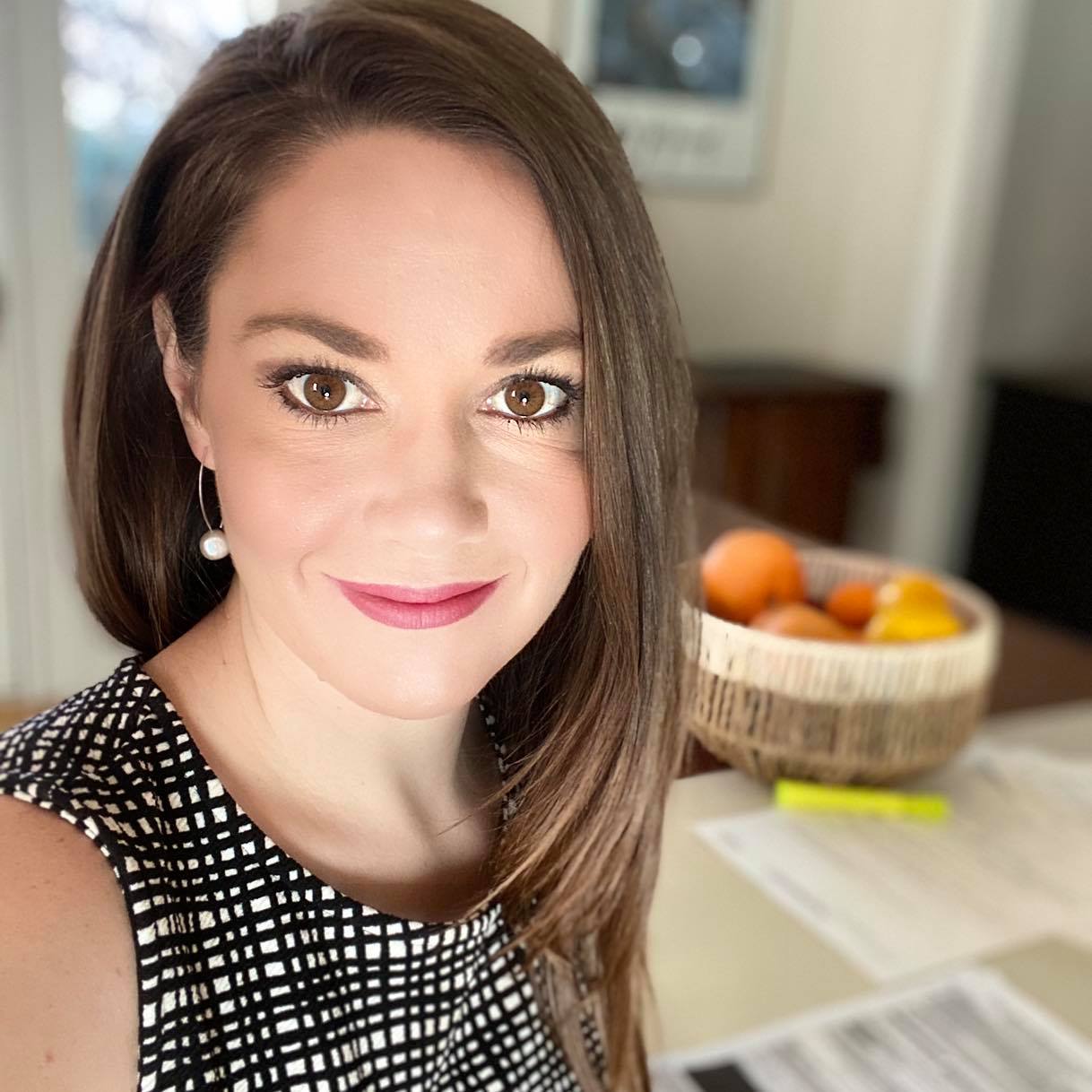
Miranda Pond
Miranda Pond (she/her) is a Lived Expert Consultant specializing in the intersection of climate, gender, and economic justice. She believes there is no survivor safety without economic security. Directly impacted by the 2018 Camp Fire and its economic ripple effects, Miranda was labor trafficked as a domestic servant due to disrupted infrastructures that heightened vulnerabilities to exploitation—exposing systemic gaps in protecting marginalized communities. Drawing on nearly two decades as a child welfare subject matter expert, she now guides organizations and governments in preventing and mitigating human trafficking during disasters. Collaborating with the Sunita Jain Anti-Trafficking Initiative, Miranda uses survivor-informed insights to shape policy, training, and legislative advocacy, ultimately championing trauma-informed solutions and resilient, equitable systems.
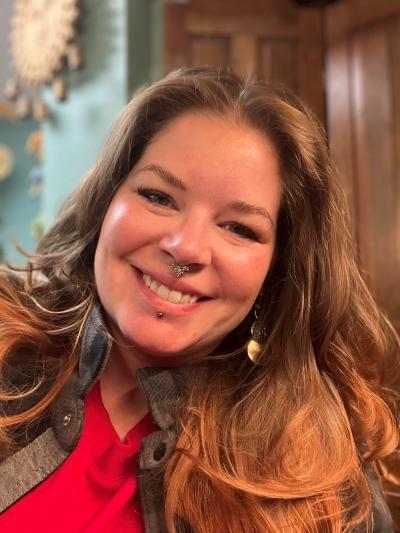
Rebekah Layton
Rebekah holds a Master of Art in Restorative Justice from Vermont Law and Graduate School where she focused on alternative forms of healing and justice for survivors of violence and decriminalizing trauma. Rebekah is a subject matter expert with lived experience in human trafficking, interpersonal, domestic and gender-based violence with over a decade of experience in the field. Rebekah has worked in direct services, victim advocacy, areas of research in the field, training and technical assistance and public policy. She holds a governor appointed seat on a statewide human trafficking council where she has advised on criminal justice reform, record relief, legislation, and public policy, as well as survivor engagement policies and best practices. She is an adjunct faculty in the field of social justice and a longtime consultant, advocate, educator, and activist in anti-violence movements.
FOLLOW US
Stay connected by following us on social media, where we share updates on our advocacy, highlight survivor-centered initiatives, and post opportunities to get involved.